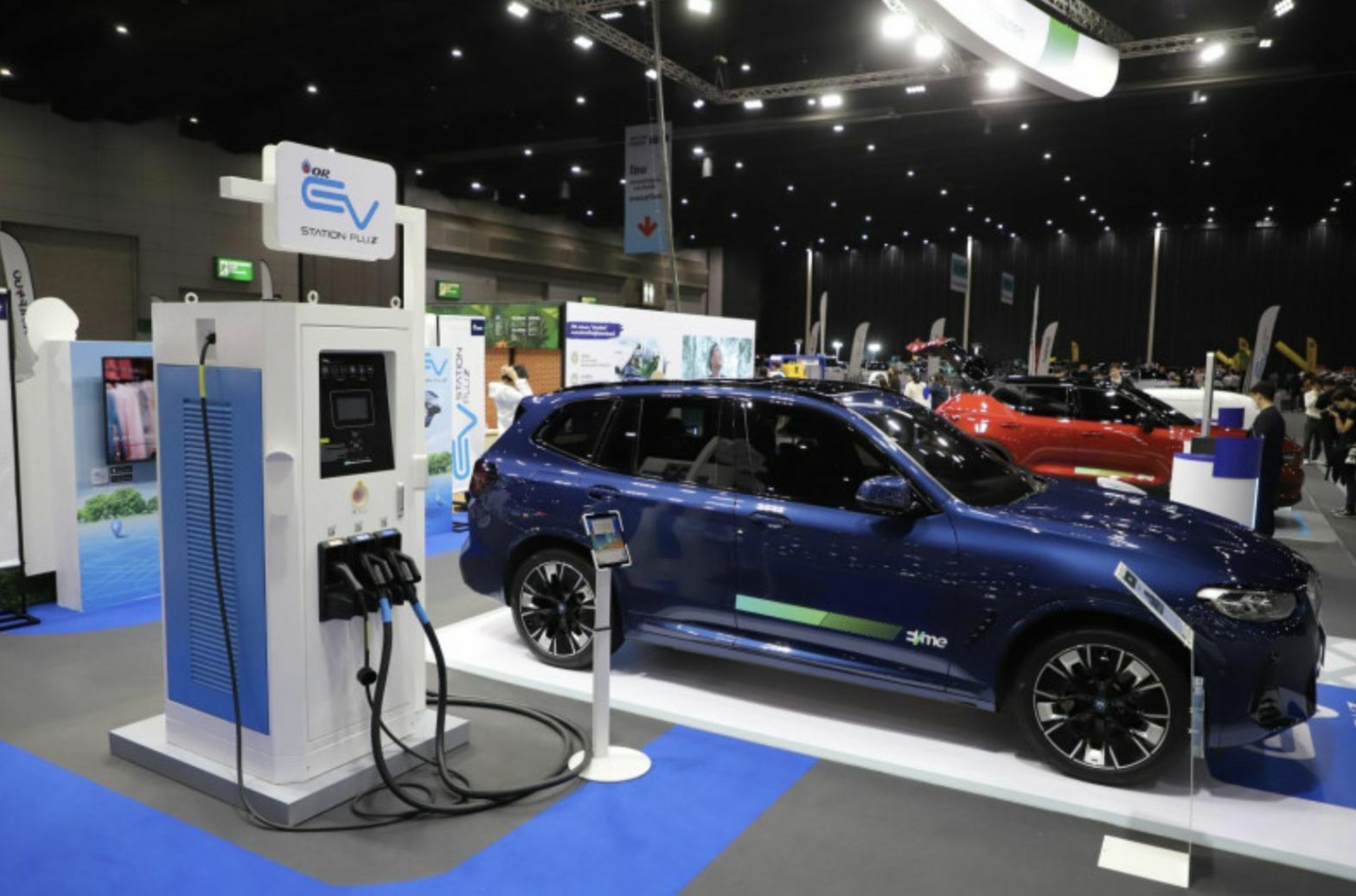Thailand pledges support for ICE vehicle production amidst EV transition

Prime Minister Srettha Thavisin has pledged continued support to internal combustion engine (ICE) vehicle production in Thailand for another 10 to 15 years, helping to facilitate a smooth transition towards electric vehicles (EVs). He also stated that incentives will be provided to ICE vehicle manufacturers who relocate their production bases to Thailand for export purposes.
Delivering his keynote speech at the Deciphering the Investment Code: Overcoming the Crisis forum held by Prachachart on Friday.
The 61 year old prime minister highlighted Japan’s position as the top foreign direct investor. However, he raised concerns that the evolving Thai EV market might disadvantage Japanese businesses, given their slower pace in adopting EV technology.
“I will travel to Japan in December and I want to assure the Board of Investment officials the government will not forget the grace of the Japanese government or Japanese investors that have helped us the past several decades.
“As the region’s leading automotive manufacturer, Thailand will sustain ICE vehicle production for the next decade and a half, despite the rapid growth of EV production.”
PM Srettha noted the substantial supply chain of the ICE car industry and ongoing conversations about preserving this industry.
Government incentives
The Thai PM outlined plans for discussions with automotive associations, aimed at positioning Thailand as a hub for downstream production of ICE cars. Industries relocating their manufacturing bases to Thailand for export can expect to receive incentives from the government.
Regarding geopolitical conflicts, PM Srettha assured that Thailand will maintain neutrality and a diplomatic balance to maximise national benefits. He also mentioned the need for economic rehabilitation measures to help alleviate the cost of living.
The prime minister acknowledged the government’s efforts to reduce transport and energy costs and initiate debt suspension programmes for small-scale farmers and community enterprises. Despite the implementation of 13 such programmes over the past decade, farmers remain in debt.
PM Srettha, however, maintained the necessity of these debt suspension schemes to boost farmers’ morale and contribute to further rehabilitation.
He also confirmed that a rice pledging scheme would only be introduced in the event of a natural disaster, such as a flood or severe drought, that necessitates government intervention.
The Bangkok-born PM also ordered the Royal Irrigation Department to ensure sufficient water supply for the industrial sector in preparation for the projected drought starting around April next year, to maintain investor confidence.
The prime minister’s recent visit to the UN General Assembly in New York was instrumental in attracting investment from some of the world’s biggest companies, while also exploring interest in free trade agreements from other countries, Bangkok Post reported.
Follow more of The Thaiger’s latest stories on our new Facebook page HERE.
Latest Thailand News
Follow The Thaiger on Google News:


























